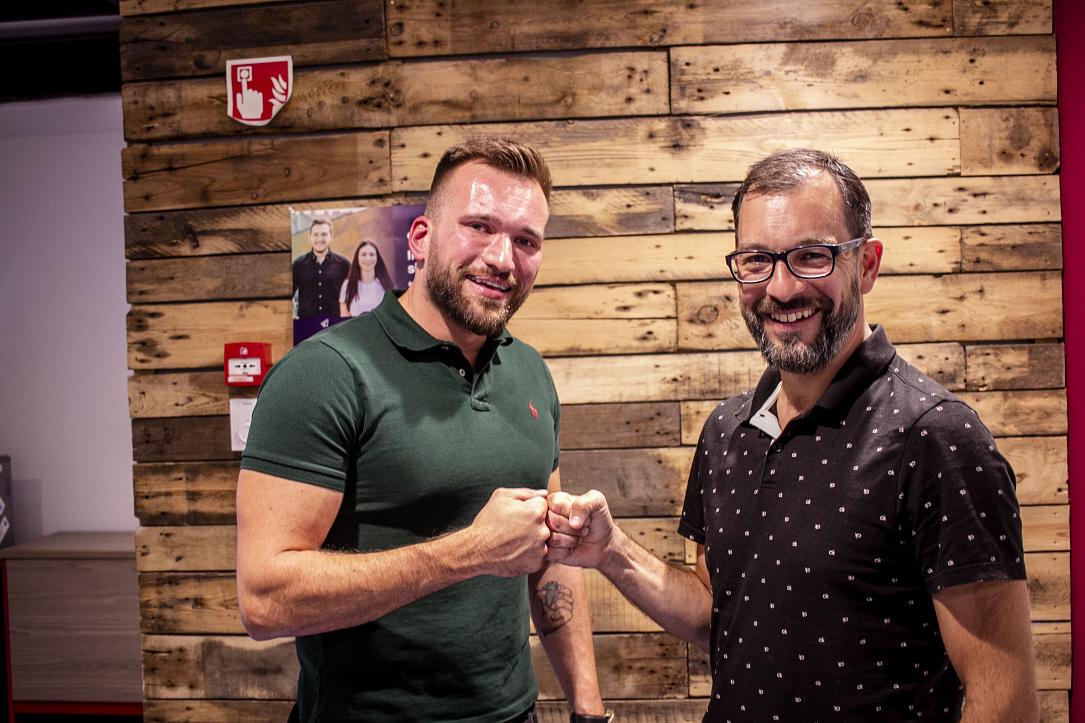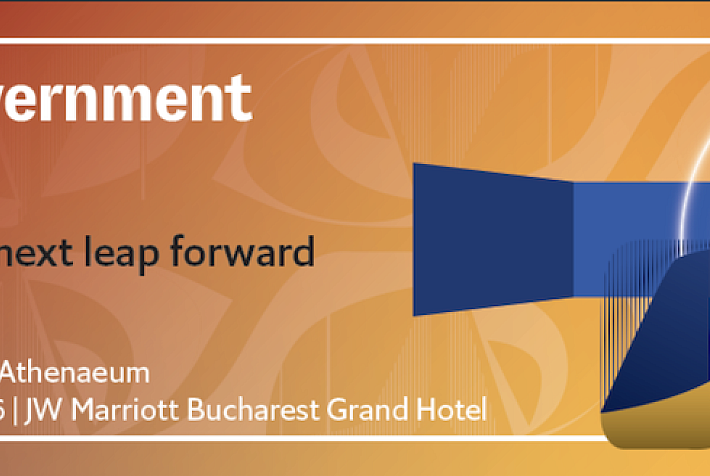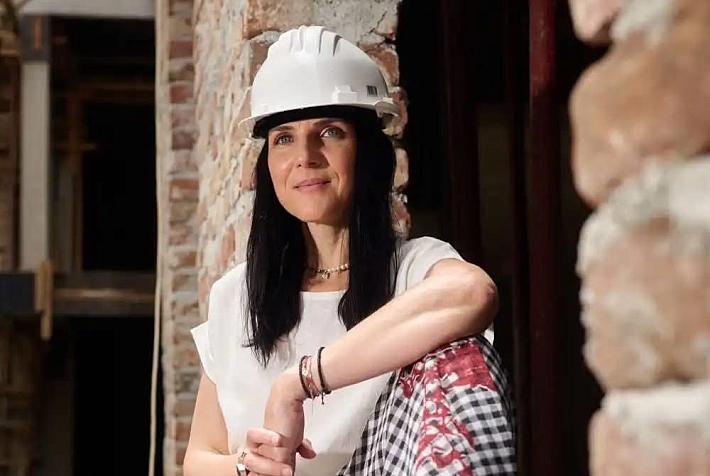Two leading EduTech companies active in Romania announce merger

Codecool and Software Development Academy (SDA), two of the leading Central European EduTech companies, will merge to form a top European digital skilling and sourcing powerhouse.
The newly formed business will train 15,000 to 20,000 people annually, in eight countries (Poland, Hungary, Romania, Austria, Slovakia, Czech Republic, Estonia, and Albania), and work with almost 400 regional and international brands from Central Europe. Its technology partners include Accenture, Microsoft, Motorola, Morgan Stanley, Ericsson, and Vodafone.
Furthermore, the merged company provides skilling, upskilling, and reskilling to individuals, businesses, and governments. It disposes of about 300 staff members, 17 digital reskilling pathways, and a network of 1,600 mentors. Codecool and SDA have launched two effective reskilling initiatives for the public sector: 10,000 ICT specialists in Albania and 600 engineers in Hungary. The merged company will keep promoting and helping women in ICT through various programs.
József Boda, CEO of Budapest-based Codecool, said: "This is an exciting new phase for both firms where we develop a true powerhouse for digitalization. We continue to meet the needs of people, businesses, and governments through our integrated digital skilling programs. Graduates from our programs are in high demand, particularly as businesses in the US and Western Europe seek to save costs by outsourcing or hiring more people.”
Their primary goal will continue to be to provide high-quality digital skilling for employees and employers - but on a much larger scale, according to Micha Mysiak, CEO of Poland-based SDA, who will serve as the CEO of the combined company. “There is a global battle for digital talent, especially coders and programmers," he said. “We think that the union of Codecool and SDA, each with specific regional and category strengths, will raise the level of skills of eager learners in Central Europe, who will play a crucial role in the digital transformation of Europe and beyond.”
Even though ITC skills are a global requirement, the EU is dealing with a shortage of about 1.8 million ICT experts who are both underqualified and lack specific abilities. Although the pandemic increased demand for cyber capabilities, there are currently more than 2.72 million cybersecurity job openings worldwide.
A significant objective of the Digital Decade program of the European Commission is to employ 20 million ICT specialists by 2030, with an equal number of men and women. According to the European Recovery Plan, EUR 161 billion will be allocated to the innovation and digitalization of EU markets to achieve this goal. For instance, Germany will invest EUR 13.3 billion in digital transformation, France - EUR 8 billion, and Italy - EUR 48 billion in Italy.
There will be significant resources for Central European countries as well. For example in Poland 21.3% of the total EUR 35.4 billion recovery fund, so more than EUR 7 billion will be spent on digital transformation alone, in Romania, the amount is approximately EUR 6 billion while Austria will spend around EUR 1.8 billion.
Yet, for this European goal to be achieved, there is a need for powerful sectoral reskilling companies that will continue to focus on the region with the largest reservoir of digital talent on the continent. The level of interest among EU citizens in finding well-paying, future-proof digital work is highest in these nations.
In the foreseeable future, the two businesses will continue to operate under the brands Codecool and SDA in their respective local markets and develop new digital skilling training that considers the quickly evolving technical environment. The combined organization will continue to grow into new geographical areas in addition to the eight nations it currently serves, solidifying its position as the industry leader in digital skills training.
The companies anticipate that 15–20,000 students will complete B2B and B2C courses in software development, testing, and cybersecurity each year.
iulia@romania-insider.com
(Photo source: courtesy of the companies)













